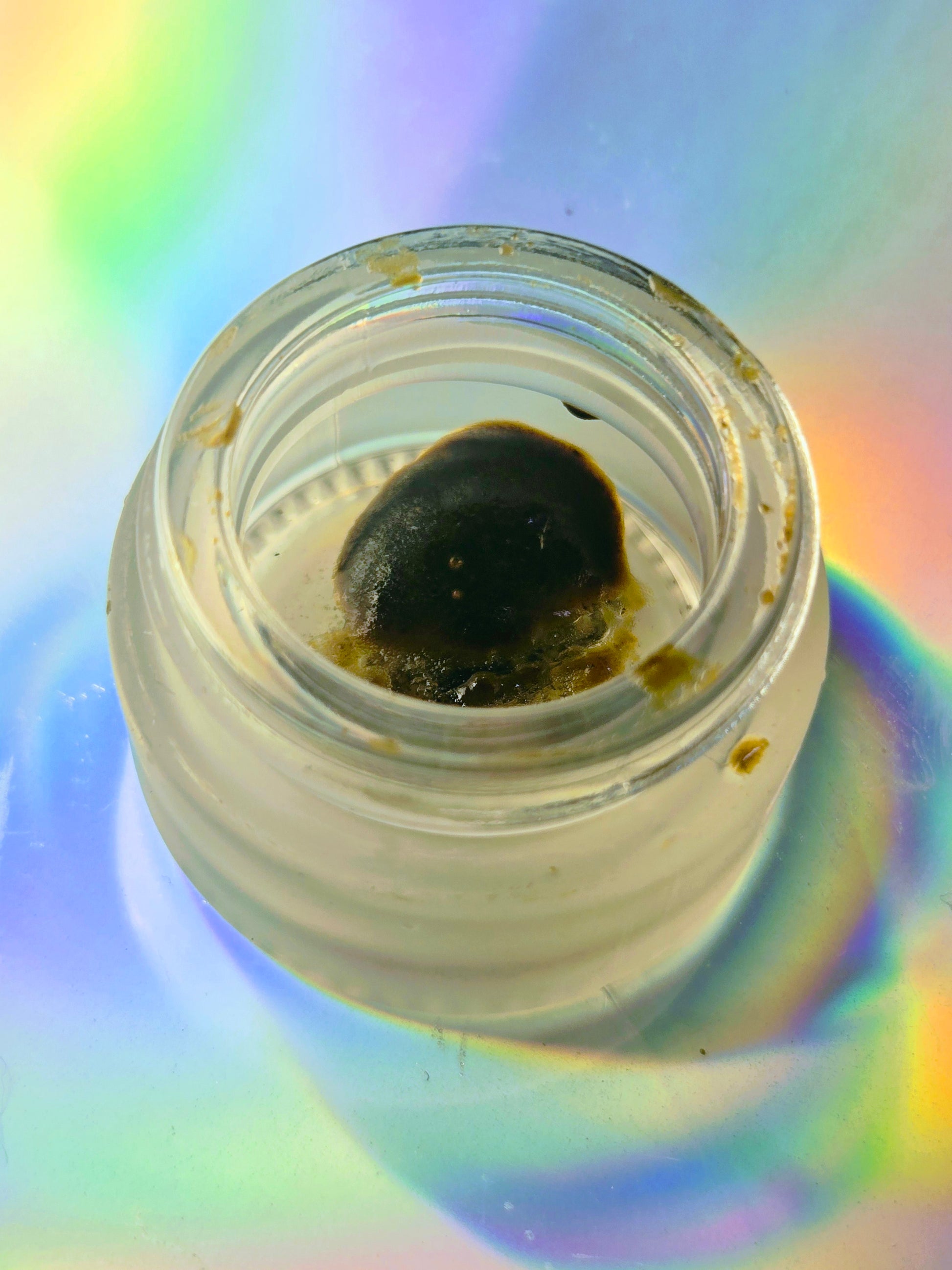
1
/
of
1
Healing Herbals
Jamiacan Dogwood Extract
Jamiacan Dogwood Extract
No reviews
Regular price
$9.99
Regular price
Sale price
$9.99
Unit price
/
per
Shipping calculated at checkout.
Couldn't load pickup availability
Our Jamaican Dogwood Extract is crafted from wildcrafted Jamaican dogwood bark and extracted using a traditional alcohol-based method. Known scientifically as Piscidia piscipula, Jamaican dogwood has a long history of use in herbal traditions for its naturally calming properties.
This is a full-spectrum tincture made without fillers, additives, or synthetic ingredients. Just pure herbal extraction in every drop.
Share



